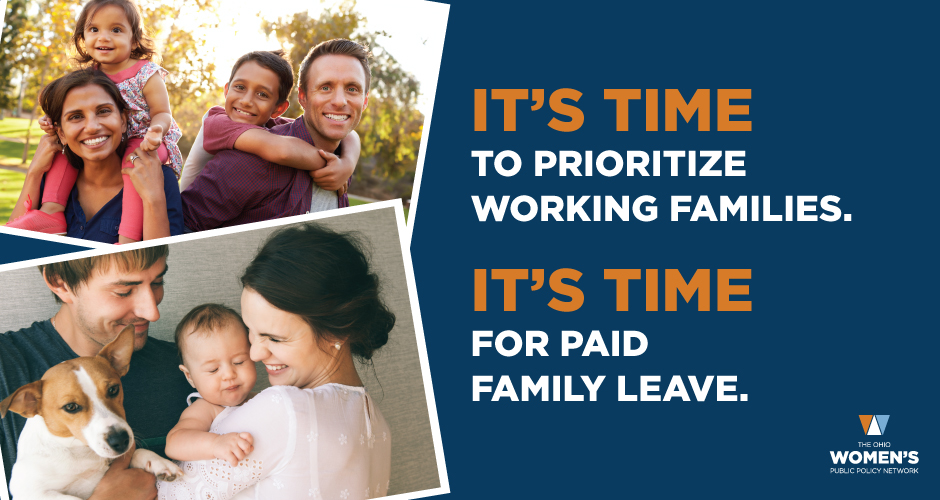Father’s Day reminds us that fathers need, deserve, and want paid leave too.
Saturday, June 16th, 2018
Father’s Day reminds us that fathers need, deserve, and want paid leave too.
Twenty-five years ago, the Family Medical and Leave Act (FMLA) took an important first step in guaranteeing unpaid leave, but the United States continues to lag behind the rest of the world in securing paid leave for working families – that includes paternity leave for new fathers. Taking unpaid leave is often not an option at all, putting families in an insecure position during a time of medical and financial burden. As more and more companies, states, and municipalities are recognizing the importance – and business sense – of providing paid leave for their workforce, it’s equally as important that their policies are comprehensive, inclusive, and accessible to all employees. Short of that, we’re asking working families to make a choice between earning a paycheck and caring for a loved one; that sets both them and Ohio up to fail.
The reality of America’s working parents has changed since the FMLA was passed. More women are working than ever before, and their working longer into their pregnancies and continuing to work after their children are born. Paid family leave, and other workplace policies that support parents are essential, but often times, these policies are inclusive only for birth mothers; failing to include adoptive parents, non-birth mothers, and new fathers.
The data shows these policies are beneficial for everyone, so they shouldn’t be exclusive to mothers. Policies often make the assumption that women will be the chief caregiver of a new child or sick family member, and paid leave policies that exclude fathers, adoptive parents, or foster parents reinforces gender roles and contributes to the challenges already facing working women. Inclusive paid leave decreases the stigma for fathers who choose to stay home, and gives working families more options in times of personal and financial stress.
Gender neutral paid family leave policies mean that families can make their own decisions about how to divide the care that their household needs. Fathers are increasingly interested in playing a greater role in their children’s lives, but are often unable to do so without an inclusive paid leave policy that allows new dads to take time away from work without financial income or fear of losing their job.. Providing fathers with the opportunity to act as a caregiver increases gender equity in the home and the workplace, and improves parent-child relationships during crucial bonding periods. On Father’s Day, and every day, it’s essential to remember that the fight for paid leave is not an issue affecting working mothers. Paid leave benefits everyone; no matter your family circumstances, where you live, or what sector of work you do. It’s long past time for Ohio and the nation to modernize family leave. For more on how to get involved with efforts to advance paid leave in Ohio, visit our paid leave advocacy page.
